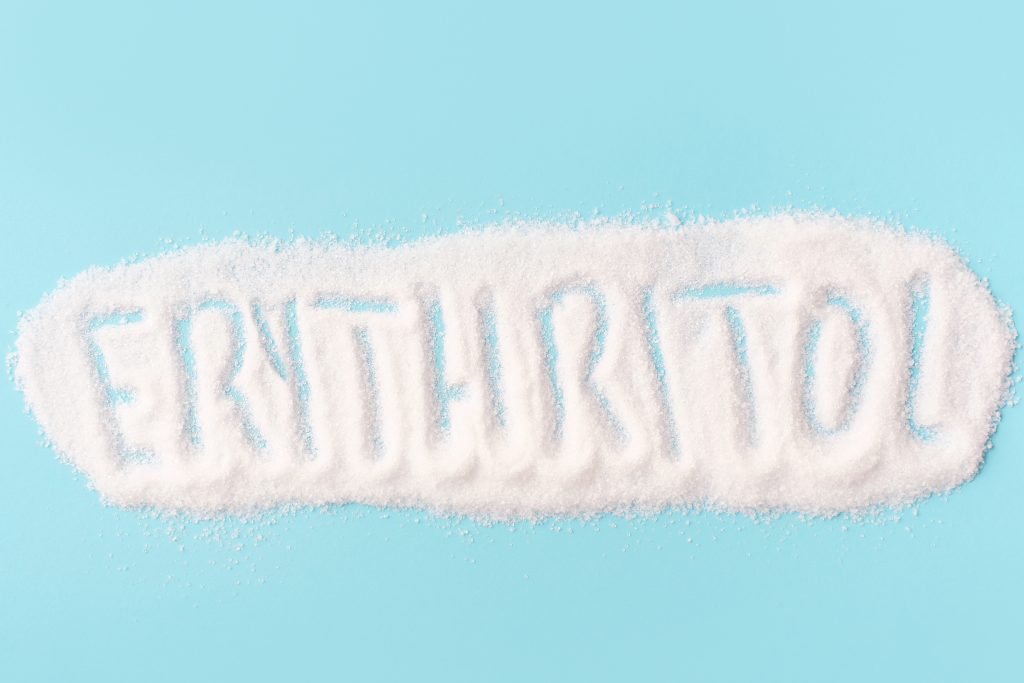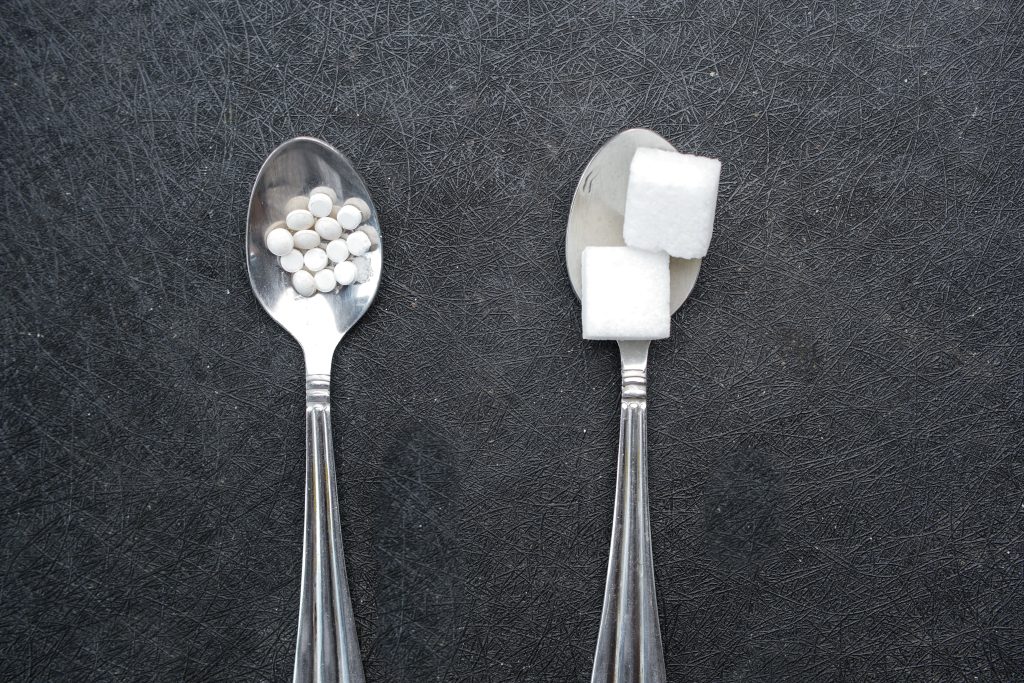Artificial sweeteners have become increasingly popular over the past few decades, as more and more people have become health conscious and sought to reduce their sugar intake. While these sweeteners are marketed as a healthy alternative to sugar, there has been significant controversy surrounding their safety and effectiveness. Some studies suggest that artificial sweeteners may have adverse health effects, while others indicate that they are a safe and effective way to reduce sugar intake. To help you get a better understanding, this post will explore the truth about artificial sweeteners, examining the evidence surrounding their safety and effectiveness and allowing you to make an informed decision about using them.
Contents
- 1 The Different Types Of Artificial Sweeteners
- 2 The Truth About Artificial Sweeteners And Their Safety
- 3 FDA Regulations And Approval Process
- 4 Potential Negative Health Effects
- 5 Impact On The Gut Microbiome
- 6 Potential Risks For Certain Populations
- 7 Misconceptions Surrounding Artificial Sweeteners
- 8 Know The Truth About Artificial Sweeteners!
The Different Types Of Artificial Sweeteners
All too often, consumers assume that all artificial sweeteners are the same. In reality, there are various types of artificial sweeteners available on the market. So before diving into their safety and effectiveness, let’s take a look at the different types of artificial sweeteners:
- Aspartame: This is one of the most common artificial sweeteners. It is 200 times sweeter than sugar and is used in many diet sodas and other foods.
- Saccharin: This type of artificial sweetener has been around since 1879, making it one of the oldest types on the market. It is 300 to 500 times sweeter than sugar and is often used in baked goods.
- Sucralose: This man-made sweetener is 600 times sweeter than sugar, making it one of the most potent options available. It is often used in diet sodas and other foods or beverages.
- Stevia: This type of artificial sweetener has become increasingly popular over the past few years. It is derived from plants, making it a natural alternative to other artificial
sweeteners.
Now that you know about the different types of artificial sweeteners available, let’s take a look at their safety and effectiveness.
The Truth About Artificial Sweeteners And Their Safety
With such a vast amount of conflicting information out there, it can be difficult to know what to believe when it comes to the safety of artificial sweeteners. In this section, you will get a brief look at the evidence surrounding their safety.
FDA Regulations And Approval Process
The food industry has witnessed an influx of artificial sweeteners in recent years. To ensure that these substances are safe for consumption, the United States Food and Drug Administration (FDA) has put in place a rigorous approval process. The process starts with preclinical testing, where the manufacturer submits data from laboratory and animal studies. If the results are satisfactory, the FDA moves on to clinical testing, exposing human volunteers to the sweetener.
After analyzing the results, the FDA decides whether to approve the sweetener for public use. This process guarantees that consumers can enjoy sweet-tasting foods and drinks without compromising their health. As new artificial sweeteners emerge, the FDA will continue to monitor these substances closely. Their commitment to consumer safety is reassuring, and their approval process serves as a model for other regulatory bodies around the world.
Potential Negative Health Effects
While these sugar substitutes may satisfy your sweet cravings without the added calories, they have also sparked concerns about their potential long-term health effects. Research has linked the overuse of artificial sweeteners to an array of health problems, including weight gain, metabolic disorders, and even certain types of cancer.
While more studies are needed to definitively determine the impact of these sweeteners on your health, it’s clear that moderation is key when it comes to their consumption. As you strive to make healthier choices, it’s crucial to stay informed about the potential risks and benefits of the foods and drinks you consume.
Impact On The Gut Microbiome
The human gut microbiome is a complex ecosystem of microorganisms that play a crucial role in maintaining your overall health. Recent studies have shown that artificial sweeteners, commonly consumed as a sugar substitute, can significantly change the composition of the gut microbiome. While many view artificial sweeteners as a healthier alternative to sugar, their impact on gut health is still widely debated.
Some studies suggest that they can disrupt the balance of beneficial bacteria in the gut, negatively affecting overall health. As humans continue to learn more about the gut microbiome and its importance in maintaining your health, it is essential to consider the potential impact of your dietary choices on this delicate ecosystem.
Potential Risks For Certain Populations
Recent studies have also shown that certain populations may face potential risks from consuming these sweeteners regularly. Research has revealed that pregnant women who consume artificial sweeteners may be at a higher risk of giving birth to overweight children. Furthermore, individuals with certain medical conditions, such as kidney disease and diabetes, are also advised to limit their consumption of artificial sweeteners as they may have an impact on blood sugar levels and kidney function.
It is important to be mindful when it comes to all types of sweeteners and to always consult with a healthcare provider before adding them to one’s diet, especially for those who fall under these specific populations. And if you’re looking for a bit of sweetness without the added health risks, opt for natural alternatives like honey and maple syrup.
Misconceptions Surrounding Artificial Sweeteners
Despite the potential risks associated with artificial sweeteners, they are still widely used in a variety of foods and drinks. This is likely due to the many misconceptions circulating around these substances for years. For example, some people believe that artificial sweeteners can help them lose weight or take the place of sugar without affecting their health. However, studies have shown no evidence of this, and consuming them may result in weight gain over time.
It is also noteworthy that artificial sweeteners are not necessarily calorie-free, as some contain a small amount of energy-providing carbohydrates. Similarly, it is vital to be aware that these substances do not necessarily have fewer health risks than sugar. While more research is needed to determine the long-term effects of artificial sweeteners, it is clear that these substances are regulated and monitored by various regulatory bodies.
Know The Truth About Artificial Sweeteners!
While the truth about artificial sweeteners is still unfolding, it’s important to be mindful and aware of the potential risks associated with consuming them regularly. As part of a balanced diet, they can certainly help you satisfy your sweet tooth without all the added calories. However, it’s crucial to stay informed about the potential health impacts and always consult with a healthcare provider before adding these substances to your diet. Doing so can ensure that you maintain a healthy and balanced lifestyle.





